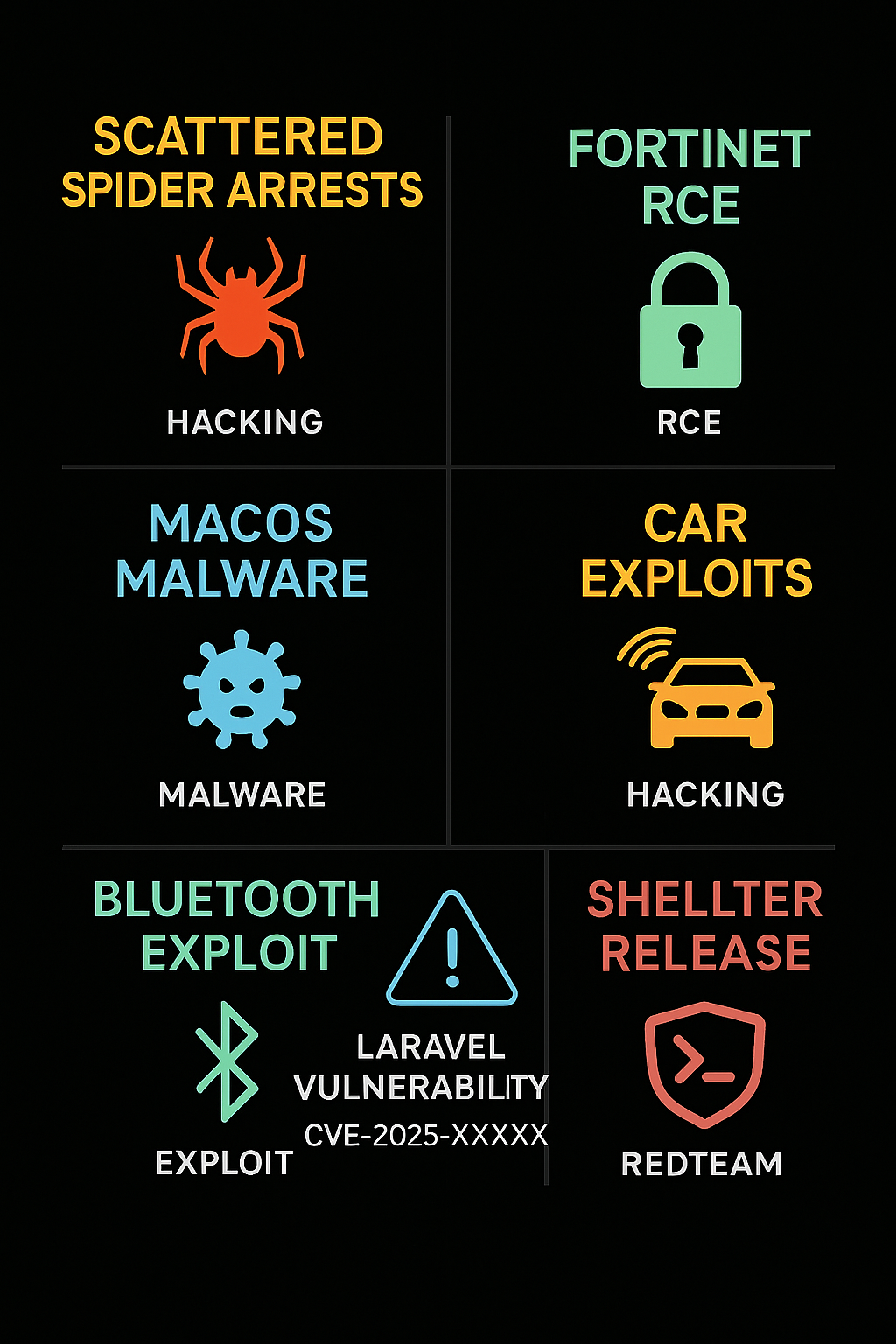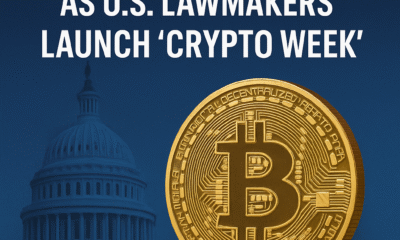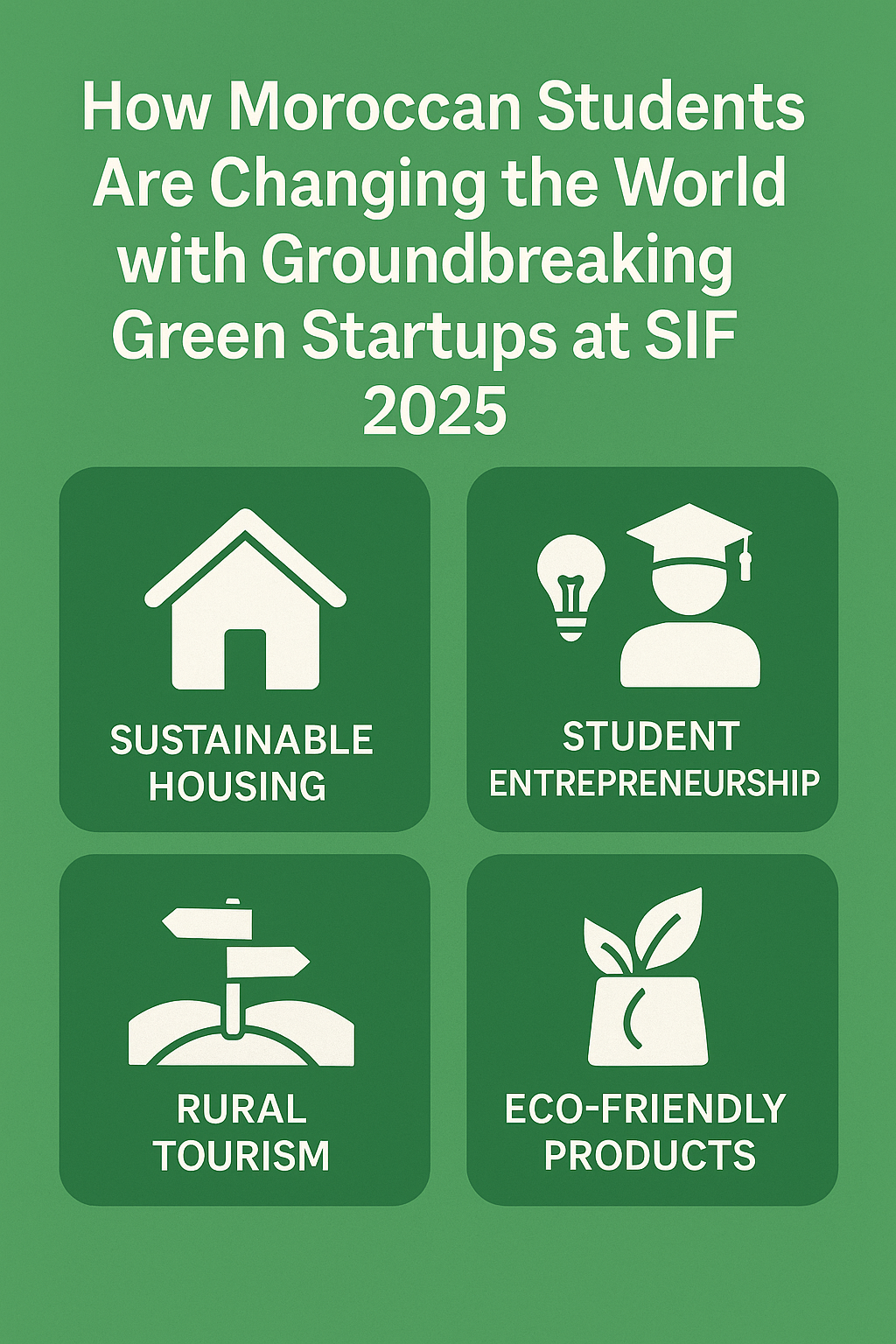business
Louis Vuitton Confirms U.K. Customer Data Breach in Latest Cyberattack

In a troubling sign for luxury retail cybersecurity, Louis Vuitton has confirmed a data breach that compromised personal information belonging to customers in the United Kingdom. The cyberattack, which occurred on July 2, 2025, marks the third known incident targeting LVMH systems in the past three months.
The breach exposed sensitive details such as customer names, contact information, and purchase history, according to a statement released by the company.
“This incident is deeply regrettable. We are fully cooperating with the authorities and have taken immediate steps to contain the breach,”
— Louis Vuitton spokesperson
Pattern of Global Exposure
This latest breach follows a similar cyberattack on Louis Vuitton’s South Korean operations, further raising concerns about the cybersecurity posture of luxury conglomerate LVMH (Moët Hennessy Louis Vuitton).
“The nature of these attacks underscores the evolving threat landscape facing global retailers. No brand—no matter how prestigious—is immune,”
— Marc Delattre, Cybersecurity Analyst
Regulatory Response and Next Steps
Louis Vuitton has formally notified the U.K. Information Commissioner’s Office (ICO) and launched an internal investigation. Under GDPR, companies are required to notify both regulators and affected customers when a breach presents a high risk to individual privacy.
“We are conducting a preliminary review and expect the company to keep affected individuals informed,”
— ICO Spokesperson
LVMH stated that it is taking further measures to strengthen cybersecurity controls, and ensure such incidents are not repeated.
What You Can Do if You’re Affected
Customers in the U.K. who have recently interacted with Louis Vuitton are advised to:
- Monitor emails for breach notification
- Be cautious of phishing attempts
- Review any suspicious account activity
- Contact Louis Vuitton support for confirmation and support
business
Bitcoin Surges Past $123,000 Amid U.S. Crypto Reform Breakthrough
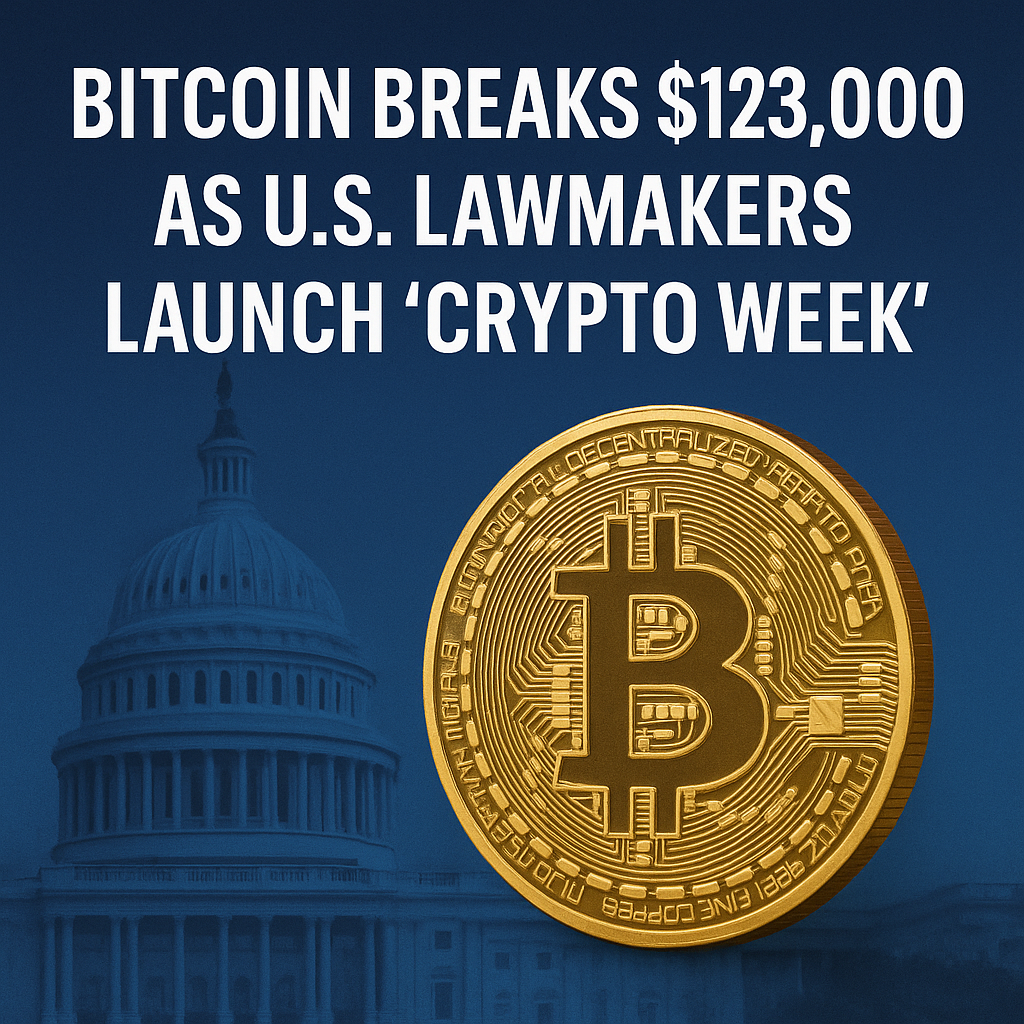
Washington, D.C. & Global Markets – July 2025
In a landmark moment for the global digital economy, Bitcoin shattered previous records by climbing above $123,000, driven by powerful tailwinds from Washington’s most crypto-friendly legislative week to date. This breakthrough—hailed by market watchers as a “regulatory renaissance”—signals the growing convergence between crypto innovation and institutional legitimacy.
🏛️ U.S. Crypto Bills Signal New Era of Regulation
Capitol Hill’s “Crypto Week” introduced a trio of bipartisan bills that experts say could set the stage for long-term industry stability. Among them:
- The GENIUS Act: Establishes strict guidelines for stablecoin issuance, consumer protections, and auditing.
- The CLARITY Act: Aims to clearly delineate authority between the SEC and CFTC to reduce bureaucratic gridlock.
- The Anti-CBDC Surveillance State Act: Pushes back against Federal Reserve-issued digital currencies over privacy concerns.
“These measures are not just pro-crypto—they’re pro-innovation,”
— Congressional Aide, House Financial Services Committee
This wave of legislative movement was greeted enthusiastically by both investors and developers, marking a potential turning point in the long-standing regulatory uncertainty surrounding digital assets in the U.S.
📈 Market Reaction: Bitcoin, Ethereum, and Tokenized Assets Soar
Bitcoin’s all-time high sparked a ripple effect across the crypto market:
- Ethereum (ETH) and Solana (SOL) recorded double-digit gains.
- MicroStrategy announced the acquisition of over 4,200 BTC, driving a spike in its stock price.
- Coinbase and Robinhood surged as investor sentiment turned bullish on crypto equities.
Meanwhile, decentralized platforms like ioPay are enabling synthetic trading of U.S. stocks—like Tesla and NVIDIA—without KYC protocols, raising eyebrows among global regulators.
⚖️ Tornado Cash Trial: DeFi’s Defining Legal Battle
The trial of Roman Storm, co-founder of privacy protocol Tornado Cash, has captured international attention. Prosecutors allege Storm facilitated over $1B in illicit transactions. His defense hinges on open-source neutrality—a critical legal question for the future of DeFi.
“This case could redefine the boundaries of liability in DeFi,”
— Rachel Kim, Legal Analyst, Blockchain Law Institute
The verdict could determine whether developers of decentralized protocols can be held accountable for how their code is used.
🌍 International Momentum: Pakistan Launches CBDC Pilot
Across the globe, Pakistan announced a national pilot of its central bank digital currency (CBDC) along with the formation of the Pakistan Crypto Council (PCC). The initiative is being advised by Binance founder Changpeng Zhao (CZ).
“Digital currencies can promote financial inclusion—but only if matched with strong regulatory oversight,”
— Jameel Ahmed, Governor of the State Bank of Pakistan
Pakistan joins a growing list of countries exploring digital finance frameworks as part of national economic strategies.
🔍 Key Takeaways
- 📊 Bitcoin hits a record $123,000, fueled by U.S. crypto-friendly legislation.
- 🏛️ GENIUS and CLARITY Acts may provide long-awaited regulatory structure.
- ⚖️ Tornado Cash trial may set precedent for DeFi developer responsibility.
- 🌐 Pakistan’s CBDC initiative highlights global crypto adoption trends.
- 📈 Tokenized assets and DeFi platforms are testing the boundaries of existing regulation.
📣 Final Word: A Defining Moment for Crypto’s Future
What was once a speculative experiment has matured into a global asset class. But as innovation accelerates, so too does scrutiny. With regulators finally catching up, the industry stands at a crossroads: embrace structure—or face the consequences of ambiguity.
“Crypto is no longer asking for a seat at the table—it’s demanding one,”
— Nadine Carter, Head of Digital Assets Strategy, StoneBridge Capital
Whether Bitcoin sustains its momentum or not, this week may be remembered as the one that turned crypto from rebellion to recognition.
🔗 Meta Description (SEO)
Bitcoin hits an all-time high of $123K as U.S. lawmakers advance crypto bills. Explore the global implications, legal battles, and DeFi challenges shaping the future.
ART & CULTURE
How Morocco Is Leading Africa’s Future with 5G, Green Energy, and Global Diplomacy
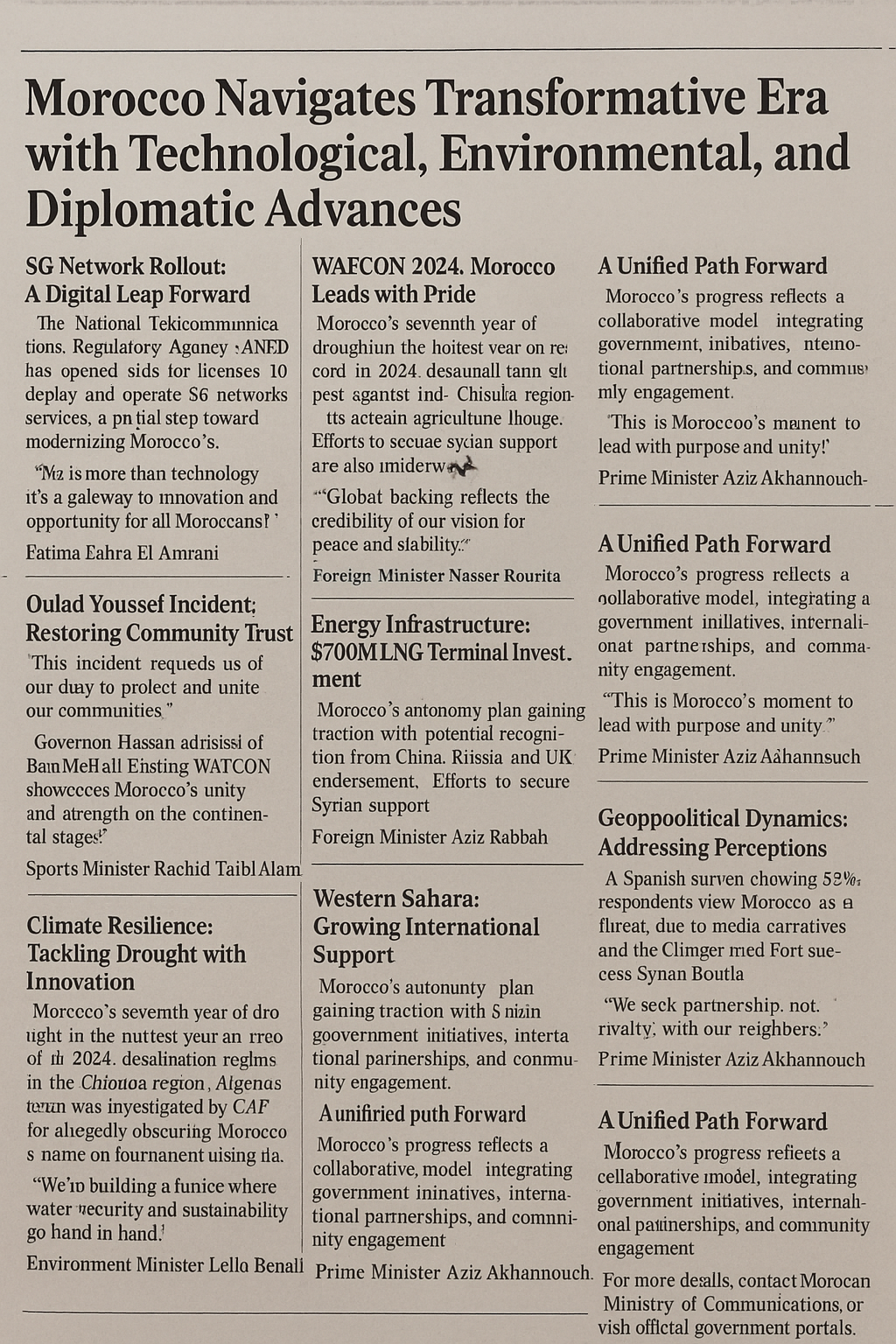
RABAT – July 12, 2025 — Morocco is navigating a pivotal period of transformation marked by groundbreaking technological advancements, bold environmental strategies, and accelerating diplomatic momentum. From pioneering its 5G rollout to hosting the prestigious Women’s African Cup of Nations (WAFCON), the Kingdom is demonstrating a forward-looking vision rooted in unity, sustainability, and global engagement.
5G Rollout: Catalyzing Morocco’s Digital Economy
In a landmark move to modernize its telecommunications landscape, Morocco’s National Telecommunications Regulatory Agency (ANRT) has initiated the bidding process for 5G network licenses. The initiative is expected to usher in a new era of digital connectivity, supporting smart city development, economic modernization, and technological inclusion.
“5G is more than technology—it’s a gateway to innovation and opportunity for all Moroccans,” affirmed ANRT Director General Fatima Zahra El Amrani.
Oulad Youssef Tragedy: Rebuilding Community Confidence
In Beni Mellal, authorities are addressing public concerns following the death of a 45-year-old man in Oulad Youssef. The incident prompted an immediate response, with local officials pledging transparency and engagement to restore public trust.
“This incident reminds us of our duty to protect and unite our communities,” said Beni Mellal Governor Hassan Idrissi.
WAFCON 2024: A Showcase of Unity and Sporting Excellence
As host of the 2024 Women’s African Cup of Nations, Morocco is capturing continental attention. The national team currently leads Group A with four points, while tensions flared after CAF launched an investigation into Algeria’s team over allegations of obscuring Morocco’s name from tournament insignia.
“Hosting WAFCON showcases Morocco’s unity and strength on the continental stage,” stated Sports Minister Rachid Talbi Alami.
Climate Resilience: Innovation Amid Crisis
With 2024 marking the hottest year on record and the seventh consecutive year of drought, Morocco is scaling its investment in desalination infrastructure. New facilities, such as those in Chtouka, aim to secure water for agricultural and urban needs. At the Local Climate Finance Forum in Chefchaouen, the government emphasized people-centered climate solutions.
“We’re building a future where water security and sustainability go hand in hand,” declared Environment Minister Leila Benali.
Energy Transformation: A $700M Strategic Investment
A new liquefied natural gas (LNG) terminal and pipeline network in Nador City represents a $700 million investment in energy security. The infrastructure will bolster Morocco’s industrial capacity and energy ties with Europe, enhancing its geopolitical influence.
“This investment is a cornerstone of our energy independence,” noted Energy Minister Aziz Rabbah.
Western Sahara Diplomacy: Global Endorsements Grow
Morocco’s autonomy initiative for Western Sahara is gaining international traction. Reports suggest that China and Russia are moving toward formal recognition, following endorsements from the United Kingdom. Diplomatic efforts are also ongoing with Syria and other strategic partners.
“Global backing reflects the credibility of our vision for peace and stability,” emphasized Foreign Minister Nasser Bourita.
Judicial Cooperation: Extradition Accord with Saudi Arabia
Furthering bilateral ties, Morocco has ratified a judicial cooperation agreement with Saudi Arabia, reinforcing legal collaboration across borders.
“This agreement is a testament to our shared commitment to justice,” said Justice Minister Abdellatif Ouahbi.
Regional Perceptions: Dialogue Over Division
A recent Spanish poll showed that 55% of respondents perceive Morocco as a threat—an image Moroccan officials attribute to misinformation and envy of the Kingdom’s economic achievements, such as the rise of Tangier Med Port. The government is calling for renewed regional dialogue to reshape these perceptions.
“We seek partnership, not rivalry, with our neighbors,” said Communications Minister Mohammed Ghazali.
A National Vision Rooted in Unity
Morocco’s multifaceted progress—across digital transformation, climate resilience, regional diplomacy, and social cohesion—reflects a coordinated national strategy driven by leadership and collective effort.
“This is Morocco’s moment to lead with purpose and unity,” concluded Prime Minister Aziz Akhannouch.
For further information, contact the Moroccan Ministry of Communications or visit www.maroc.ma.
ART & CULTURE
How 46,650 Moroccan Families Rebuilt Their Lives After the Devastating Earthquake
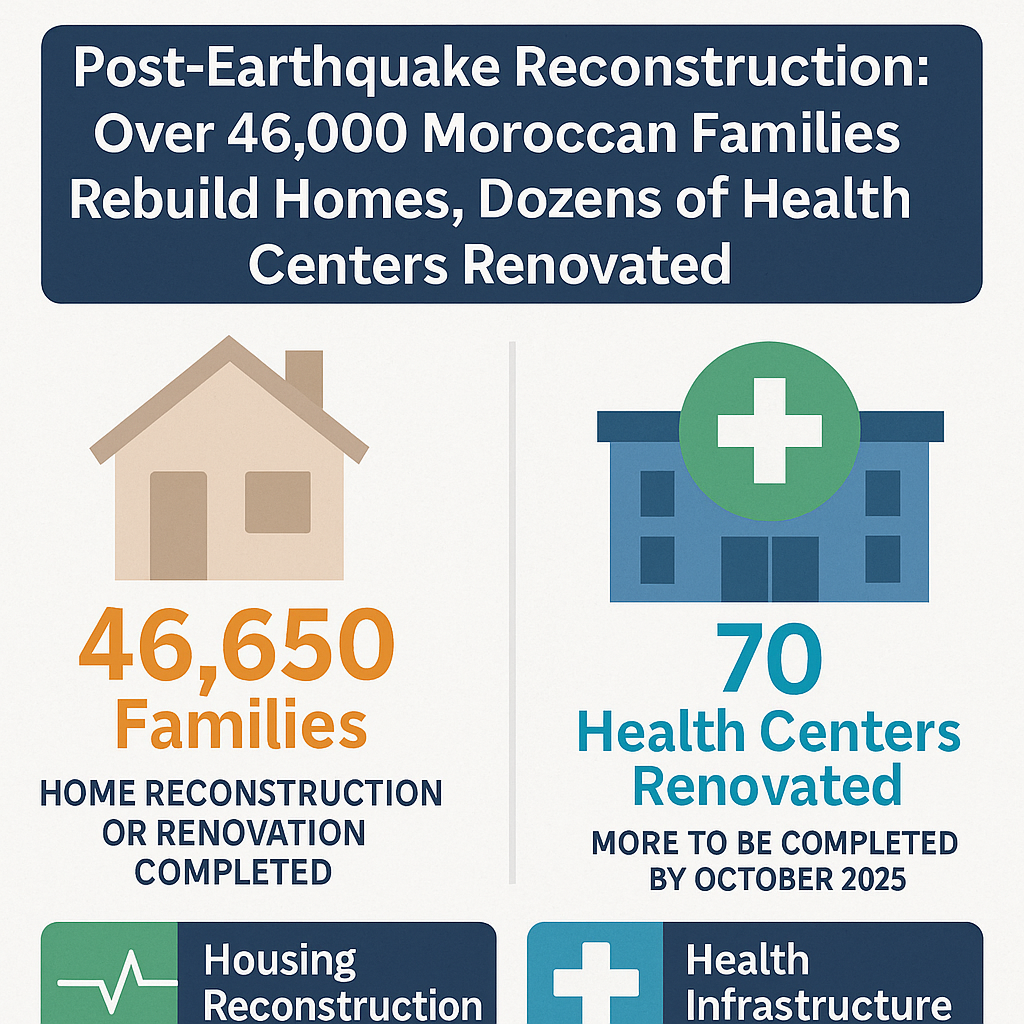
RABAT, Morocco — In the nearly two years since the devastating 2023 earthquake, Morocco has made significant strides in post-disaster recovery and reconstruction, with over 46,650 families successfully completing the rebuilding or renovation of their homes. The effort marks a major milestone in the country’s long-term recovery plan and highlights the resilience of affected communities and the coordination of national reconstruction programs.
The earthquake, which struck several provinces across the High Atlas region, left thousands of families displaced and critical infrastructure severely damaged. In response, the Moroccan government launched a comprehensive Post-Earthquake Reconstruction Program, prioritizing both residential and public service infrastructure—particularly in remote and rural areas.
Housing Reconstruction: 46,650 Families Rehomed
According to data released by the Ministry of Interior, 46,650 families have now completed either full reconstruction or structural renovations of their homes. This figure represents a significant portion of the total number of households affected during the 2023 quake.
“The progress is not just about numbers—it’s about restoring dignity, safety, and stability to Moroccan families,” said Wali Ahmed Benkiran, regional governor of the Souss-Massa area.
Many of the homes were rebuilt using earthquake-resistant techniques and locally sourced materials, preserving traditional architectural styles while improving long-term safety and energy efficiency.
Healthcare Infrastructure: 70 Centers Renovated, More on the Way
In parallel with residential reconstruction, the government has prioritized health infrastructure restoration to ensure continuity of essential services. So far, 70 health centers have been fully renovated, with more currently under construction or in final planning stages.
The Ministry of Health and Social Protection confirmed that the next phase of renovations will be completed by October 2025, bringing the total number of improved facilities closer to 100. These facilities are being equipped with upgraded medical equipment, expanded maternity and pediatric units, and solar-powered energy systems.
A Collaborative Recovery Model
The reconstruction efforts have involved coordination between local authorities, civil society organizations, international donors, and government agencies. Financial assistance programs were rolled out to ensure direct support for families rebuilding their homes, and regional health agencies received earmarked funding for infrastructure upgrades.
“This is a model of integrated recovery—one that combines resilience, equity, and forward-looking sustainability,” noted Dr. Laila El Khatib, a senior advisor at the Ministry of Solidarity.
Looking Ahead
With the next phase of health facility upgrades scheduled for completion by late 2025, Morocco’s post-earthquake reconstruction strategy remains focused on building back better—a concept that emphasizes safer structures, stronger communities, and equitable access to essential services.
As the country transitions from emergency response to long-term development, the recovery process stands as a testament to the determination of Morocco’s people and the strategic coordination of national and regional institutions.
-

 data breaches11 months ago
data breaches11 months agoRansomware Attack Disrupts Change Healthcare Service
-
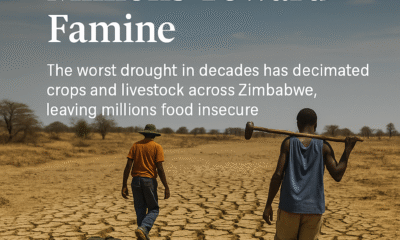
 Blog11 months ago
Blog11 months agoZimbabwe’s Drought Crisis: A Nation on the Brink
-

 sports11 months ago
sports11 months agoFiorentina Bolsters Squad with Moroccan Star Richardson
-
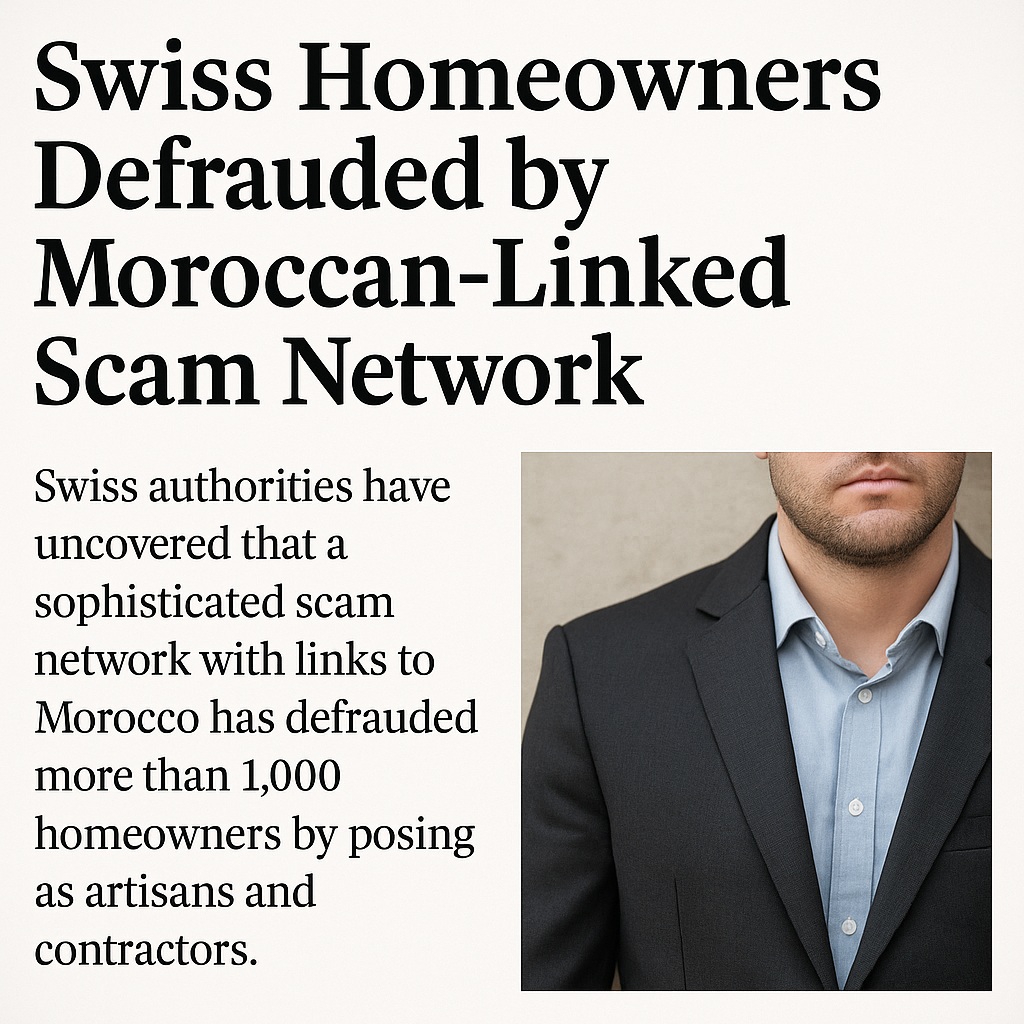
 Blog11 months ago
Blog11 months agoExposed: How a Moroccan-Linked Fraud Ring Scammed Swiss Families Out of Millions
-

 Blog11 months ago
Blog11 months agoPlex Data Breach Exposes Personal Information of Users
-

 politics11 months ago
politics11 months agoPolitical Turmoil in Bangladesh: The Fall of Sheikh Hasina’s Government
-

 Blog11 months ago
Blog11 months agoX Tech Mobile: A Cautionary Perspective on Upgrading Your iPhone
-

 Blog11 months ago
Blog11 months agoIndian Council of Medical Research Data Breach Exposes Health Data of Millions

